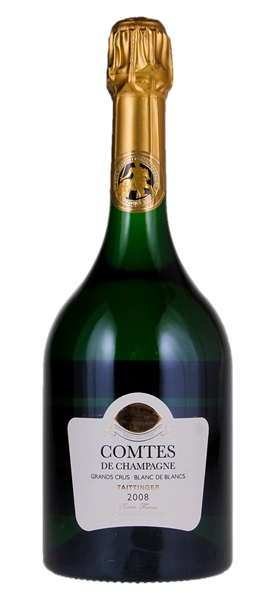Estimate


...worth a special effort to track down... ...the finest Comtes de Champagne since the brilliant 2002... ...Offering up a deep and complex bouquet of citrus oil, crisp orchard fruit, warm brioche, crushed chalk, blanched almonds and smoke, it's full-bodied and incisive, with excellent concentration, racy acids and a long, searingly chalky finish. While this is already immensely impressive out of the gates... ...three decades' longevity won't be a challenge.
...simply breathtaking. I have tasted it many times over the years in various trial disgorgements and it has never been anything less than compelling. The final, finished wine captures all of that potential. Bright, focused and wonderfully deep, Comtes is a fabulous example of a vintage that expresses so much energy but with real fruit intensity... ...truly brilliant epic Champagne...
Chardonnay Champagne